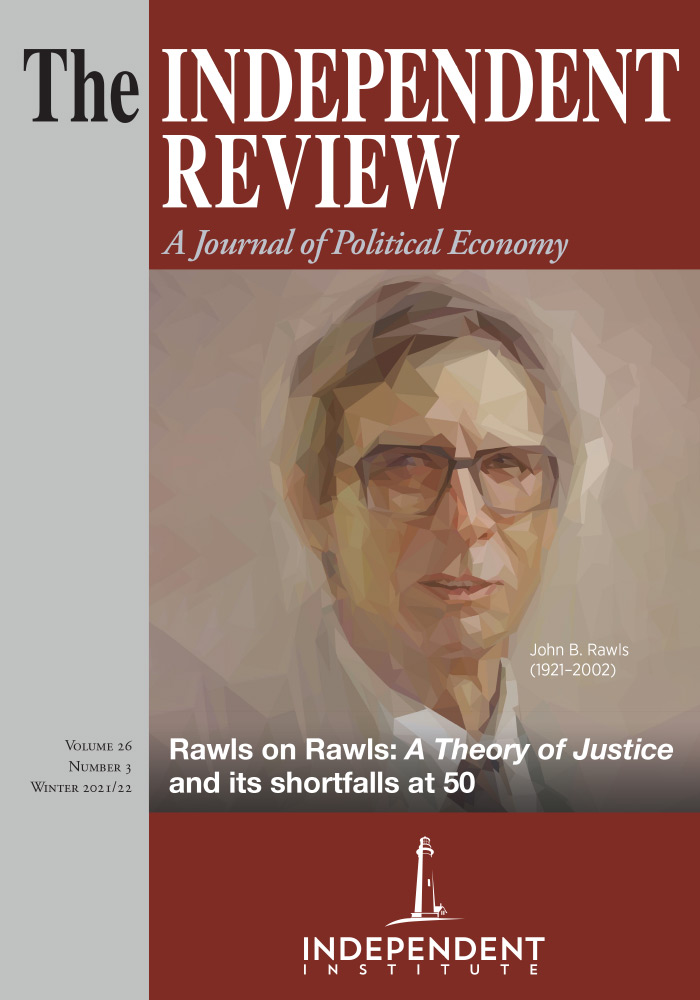John Rawls proposes an ideal theory of a cooperative society, while Alexander Rawls considers a different question: what is the place of justice in a society where it cannot be assumed that productive cooperation is universal, where cooperation and solutions to collective-action problems are not independent of incentives.
Chad Van Schoelandt is an assistant professor in the Department of Philosophy at Tulane University.









